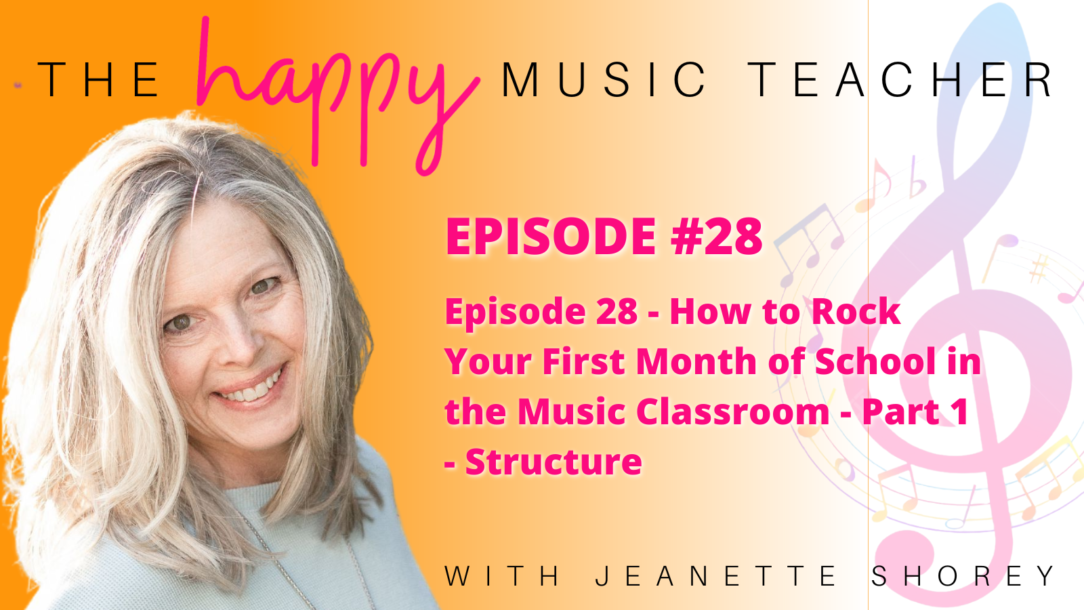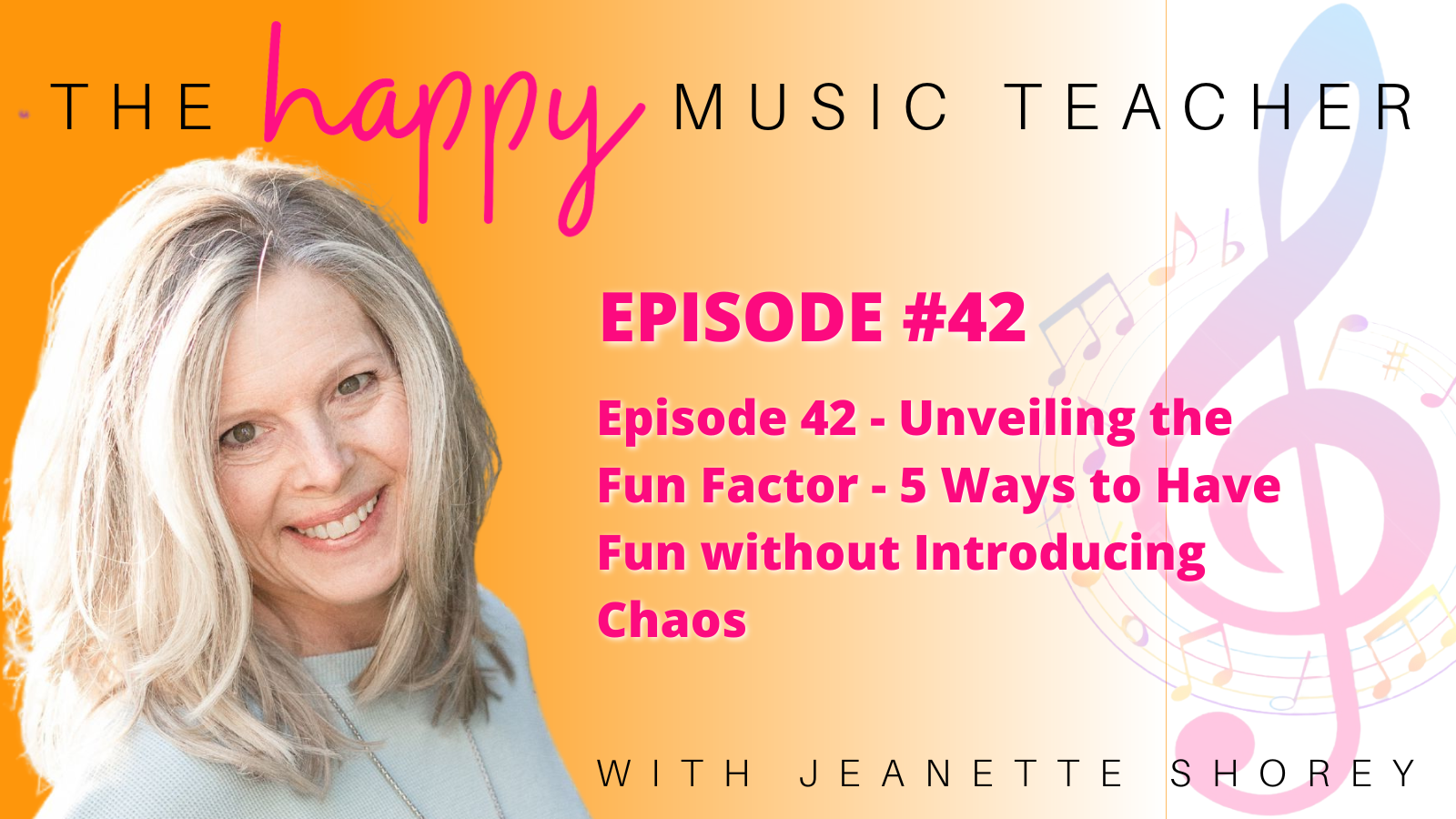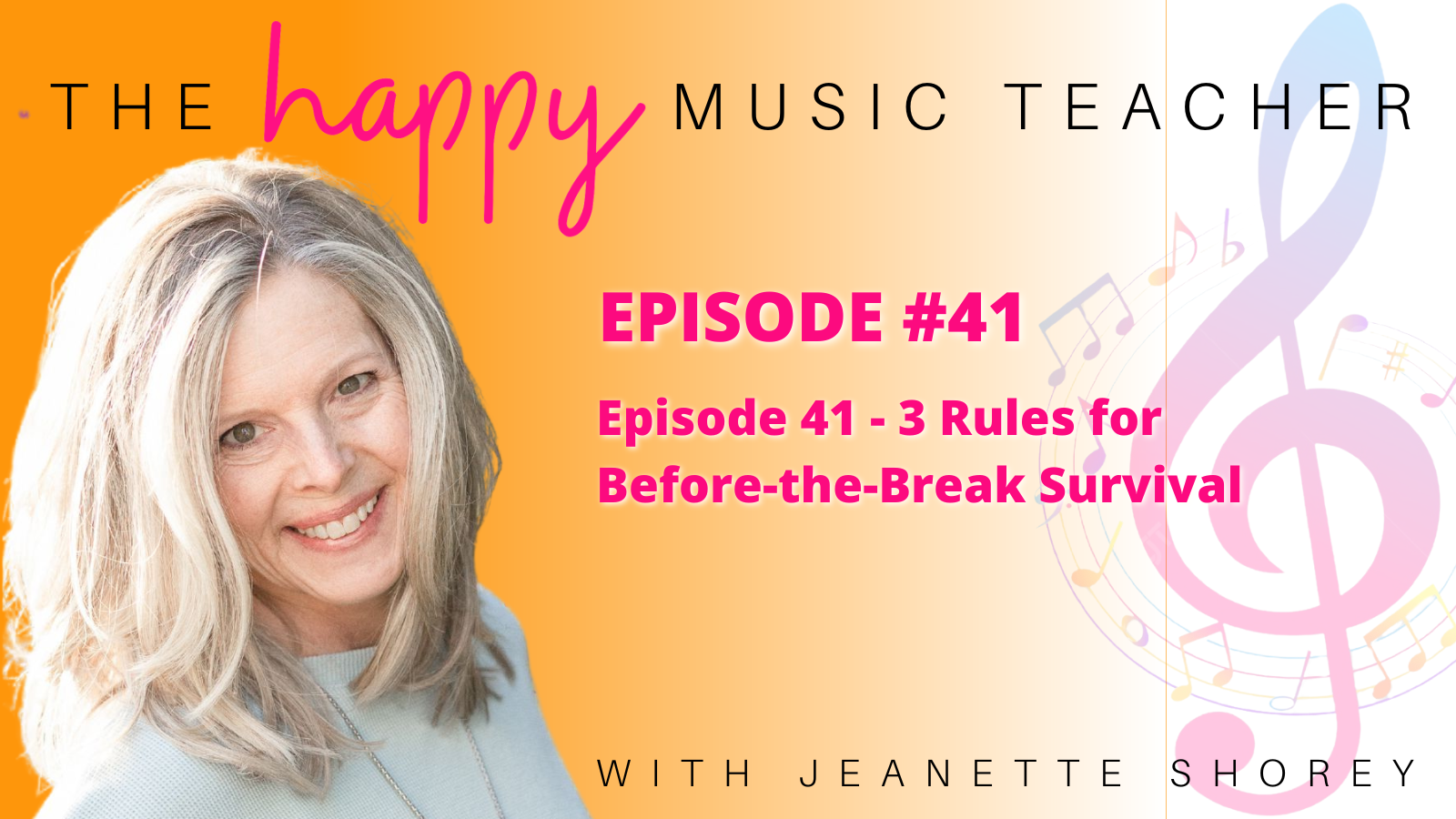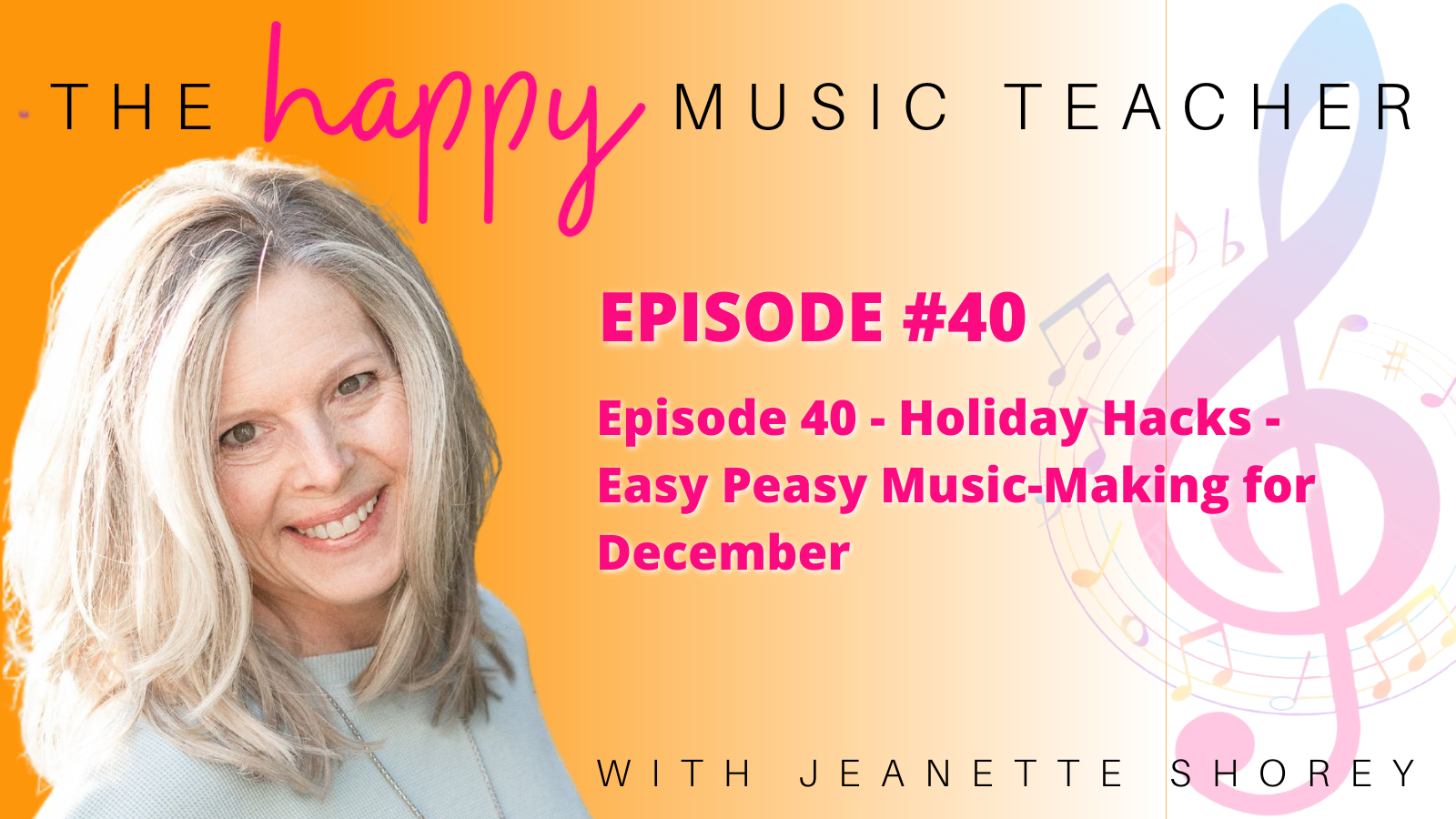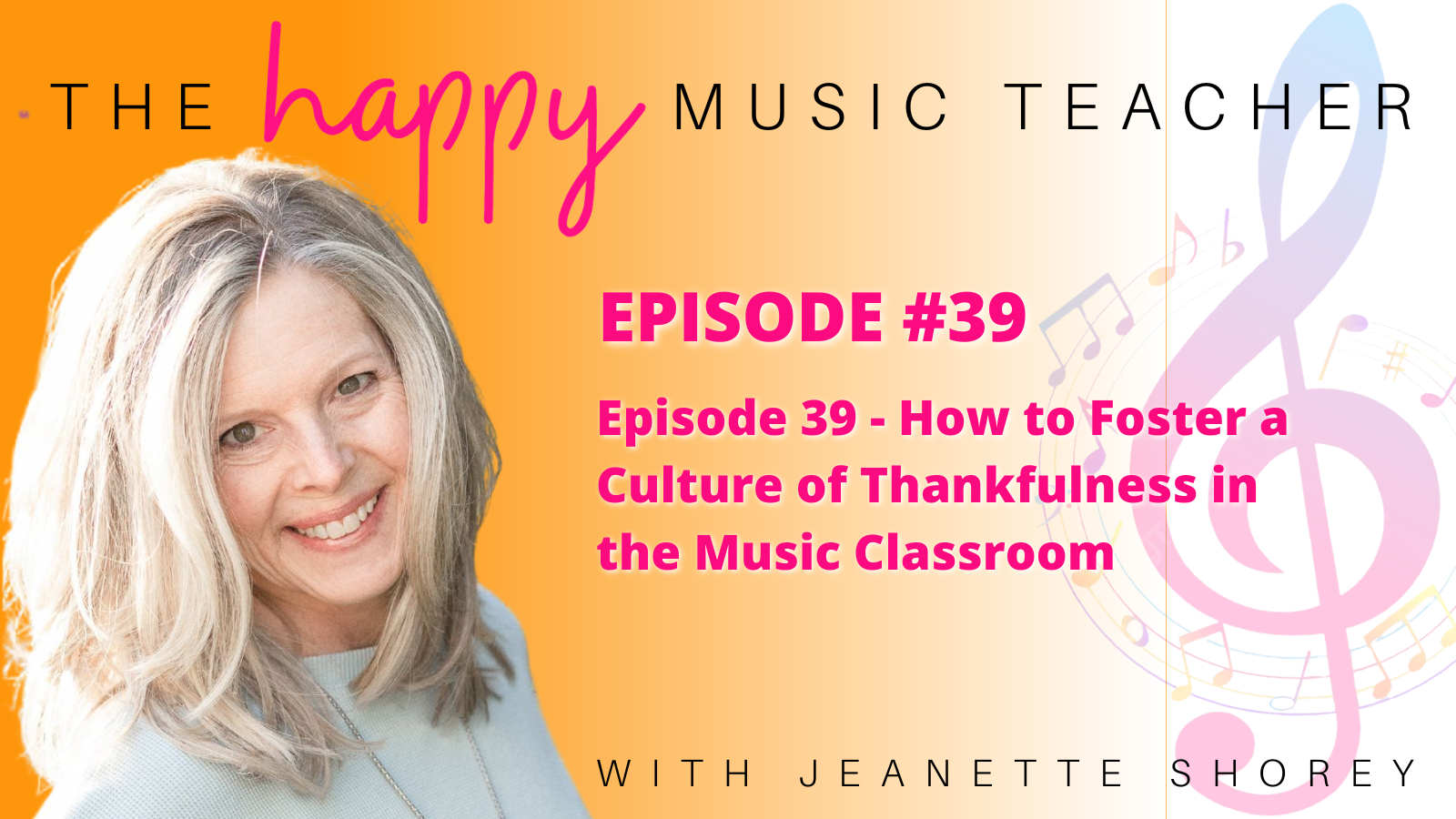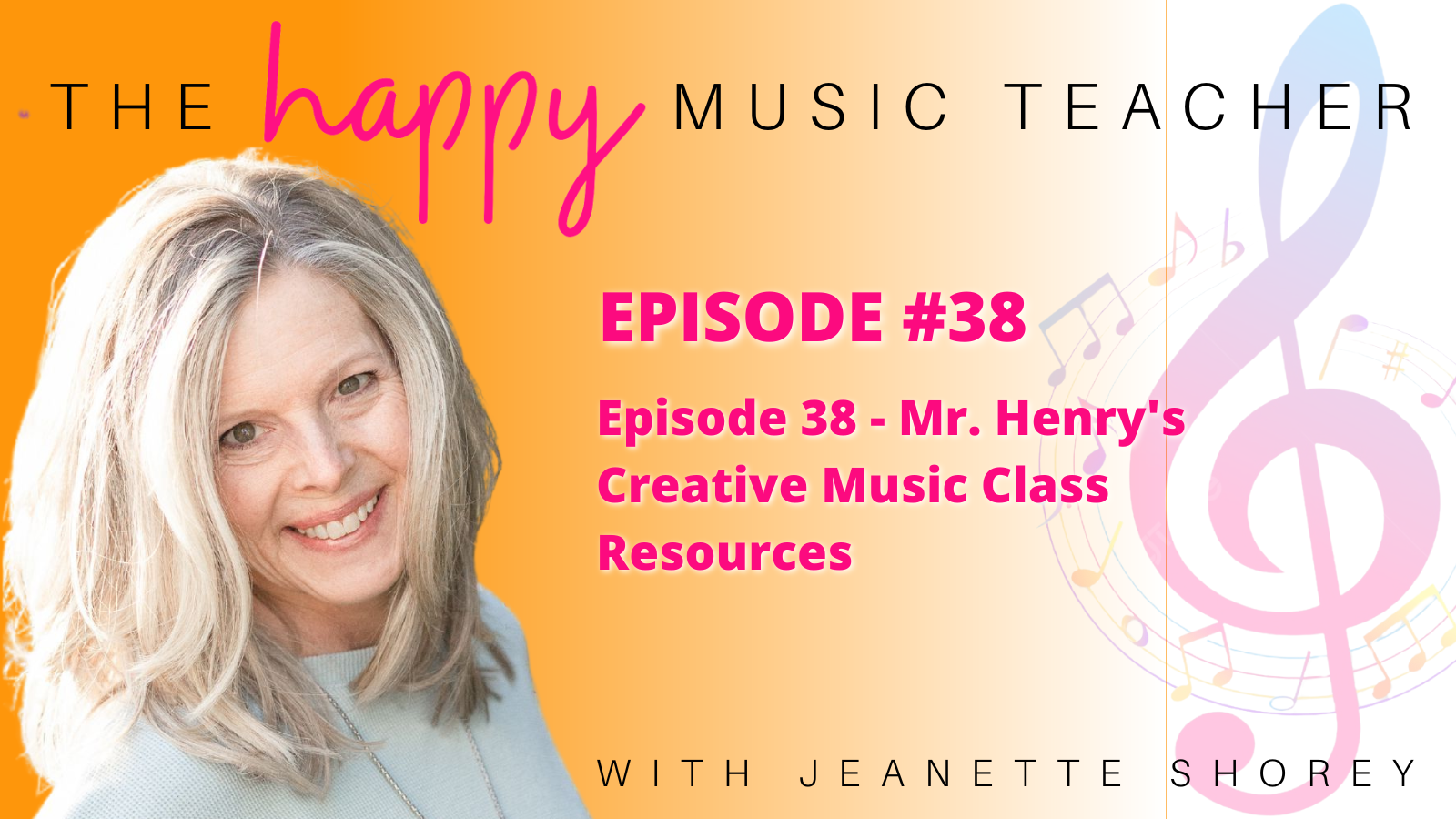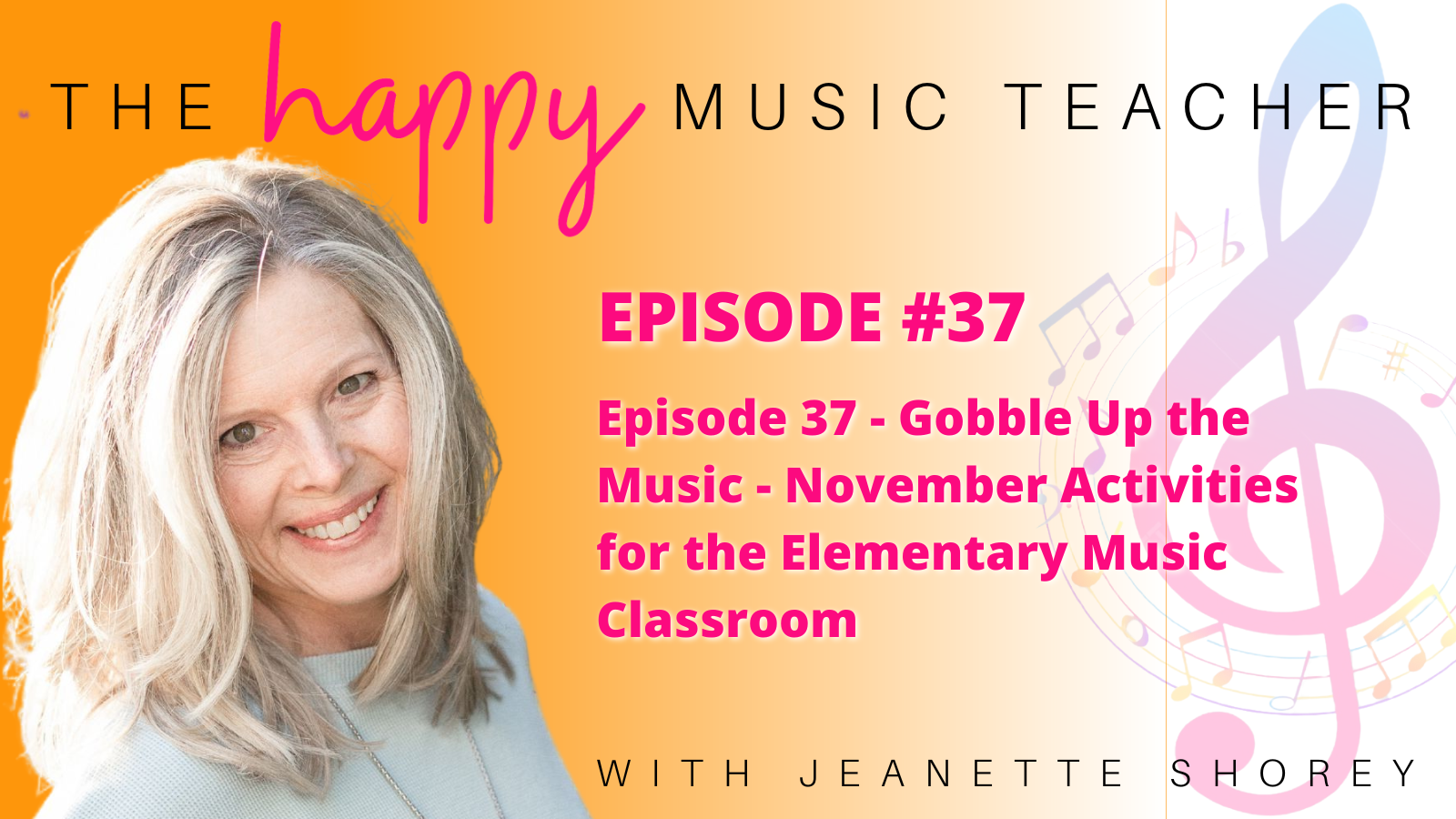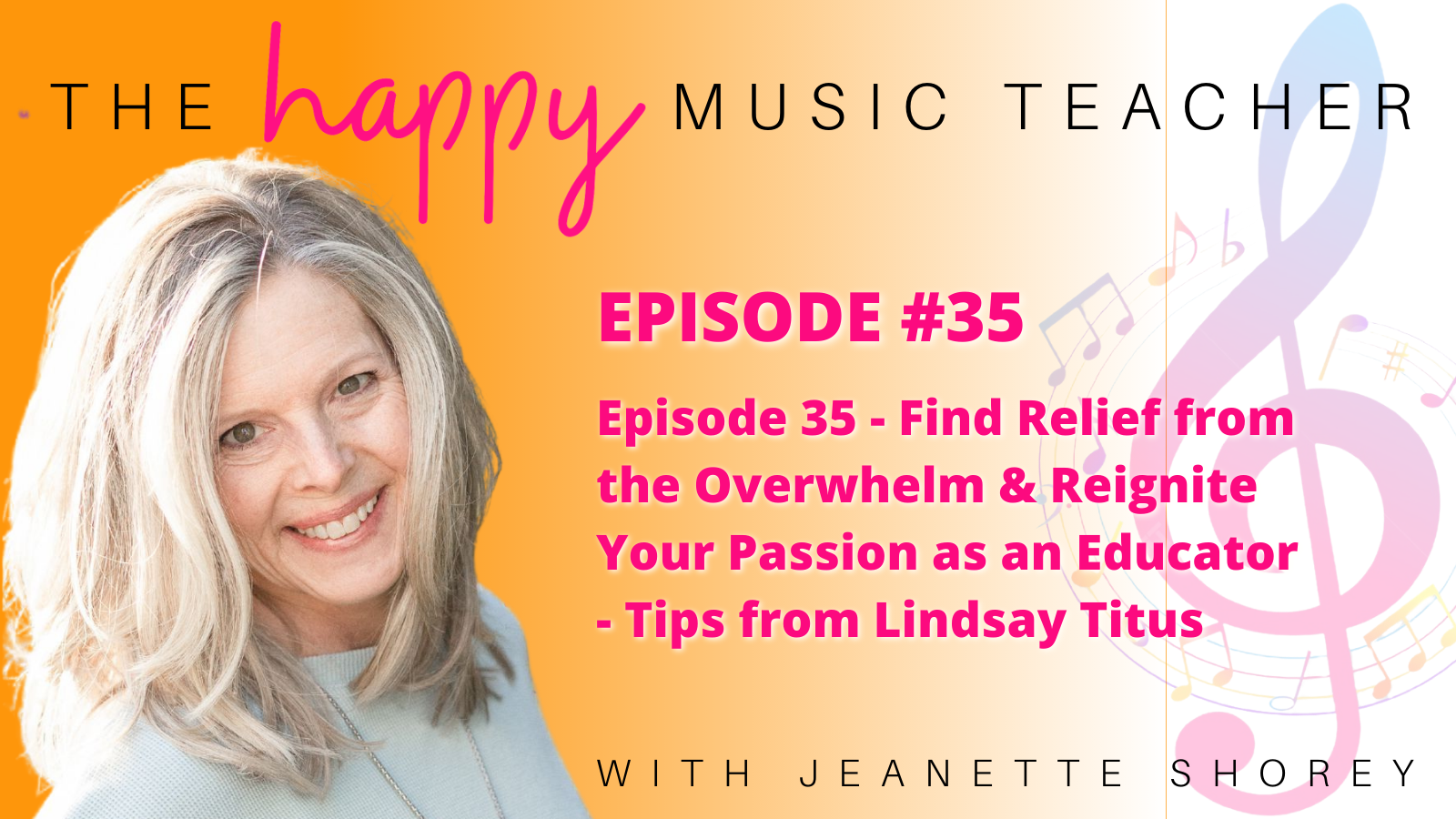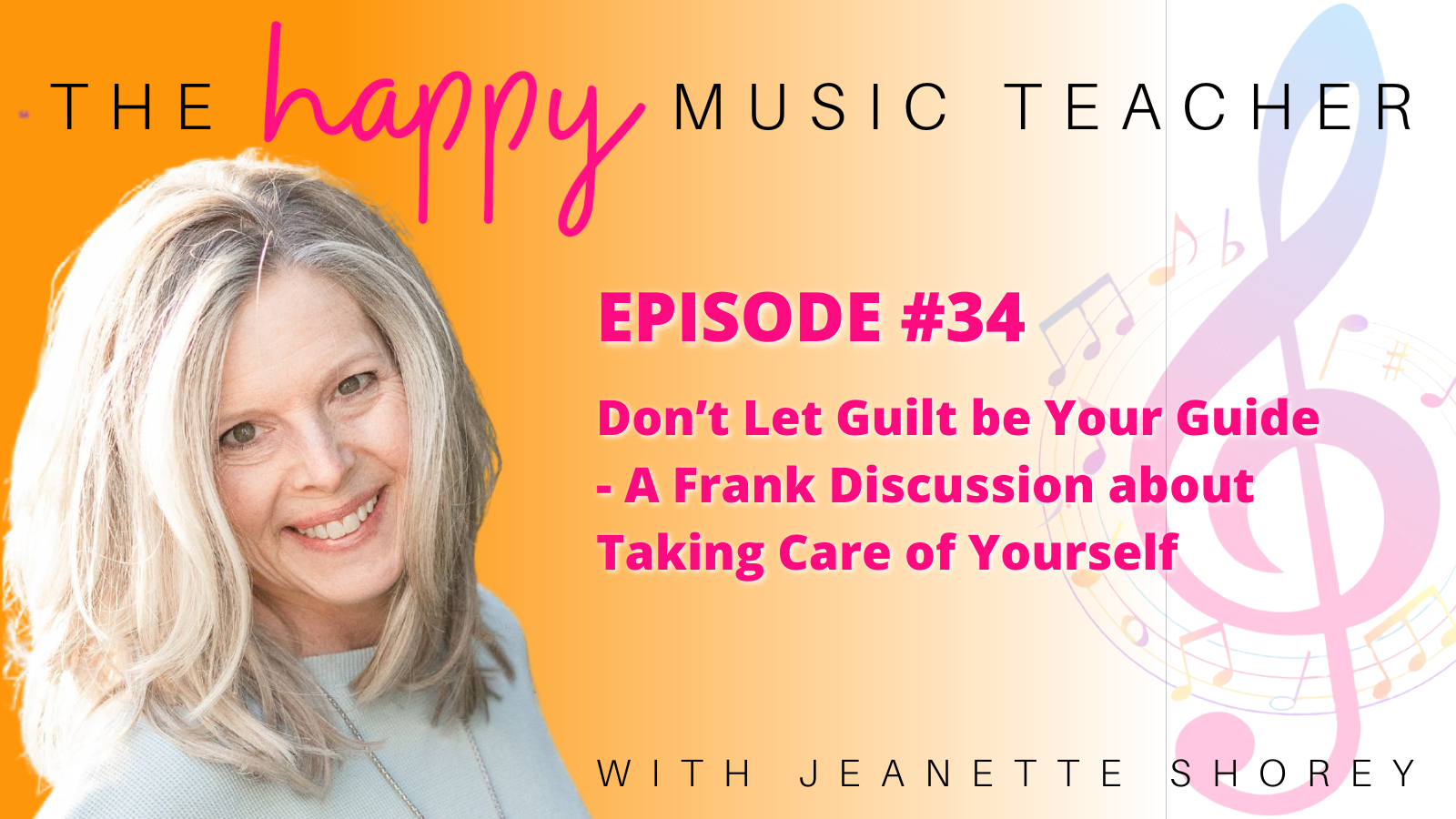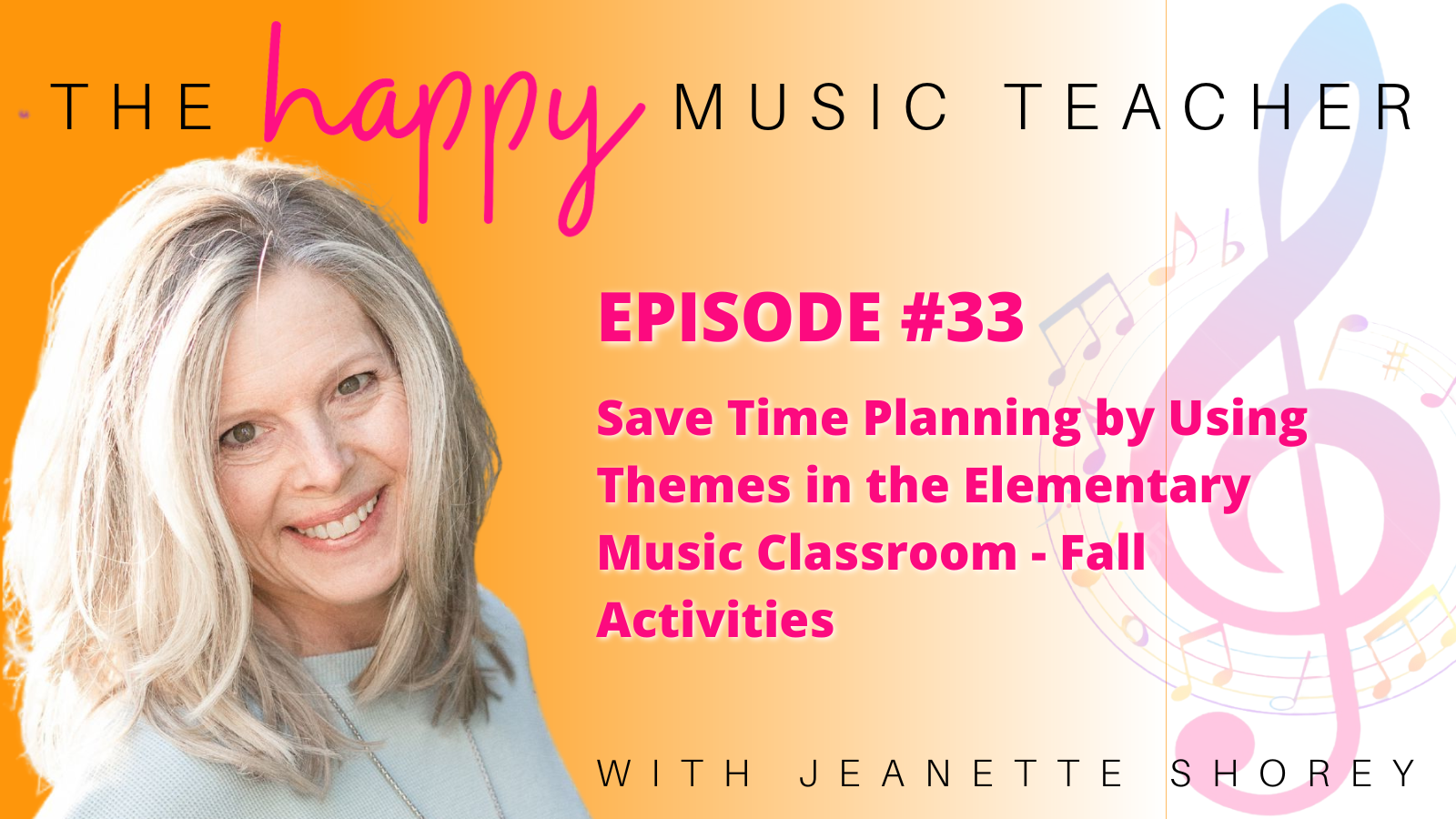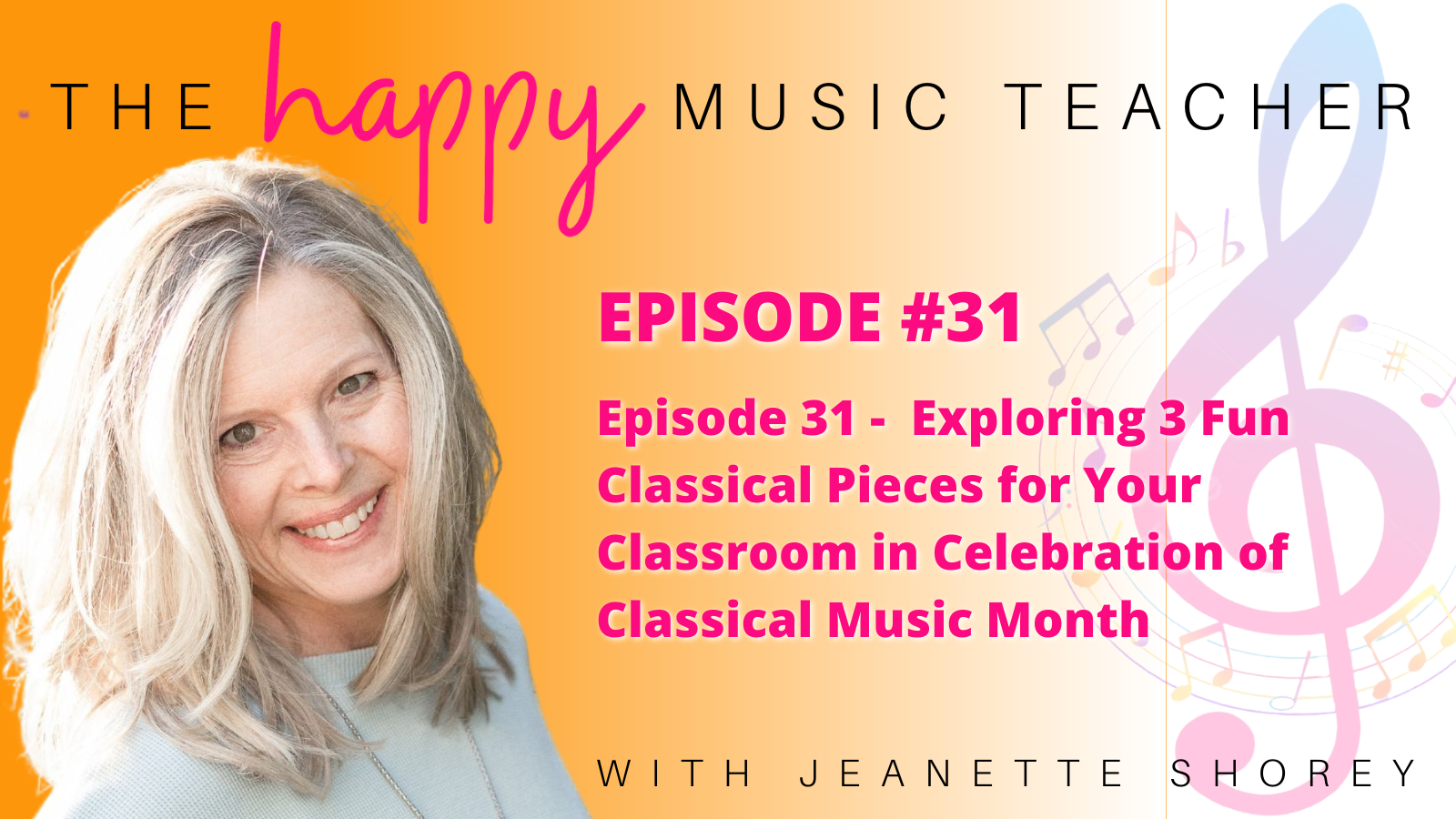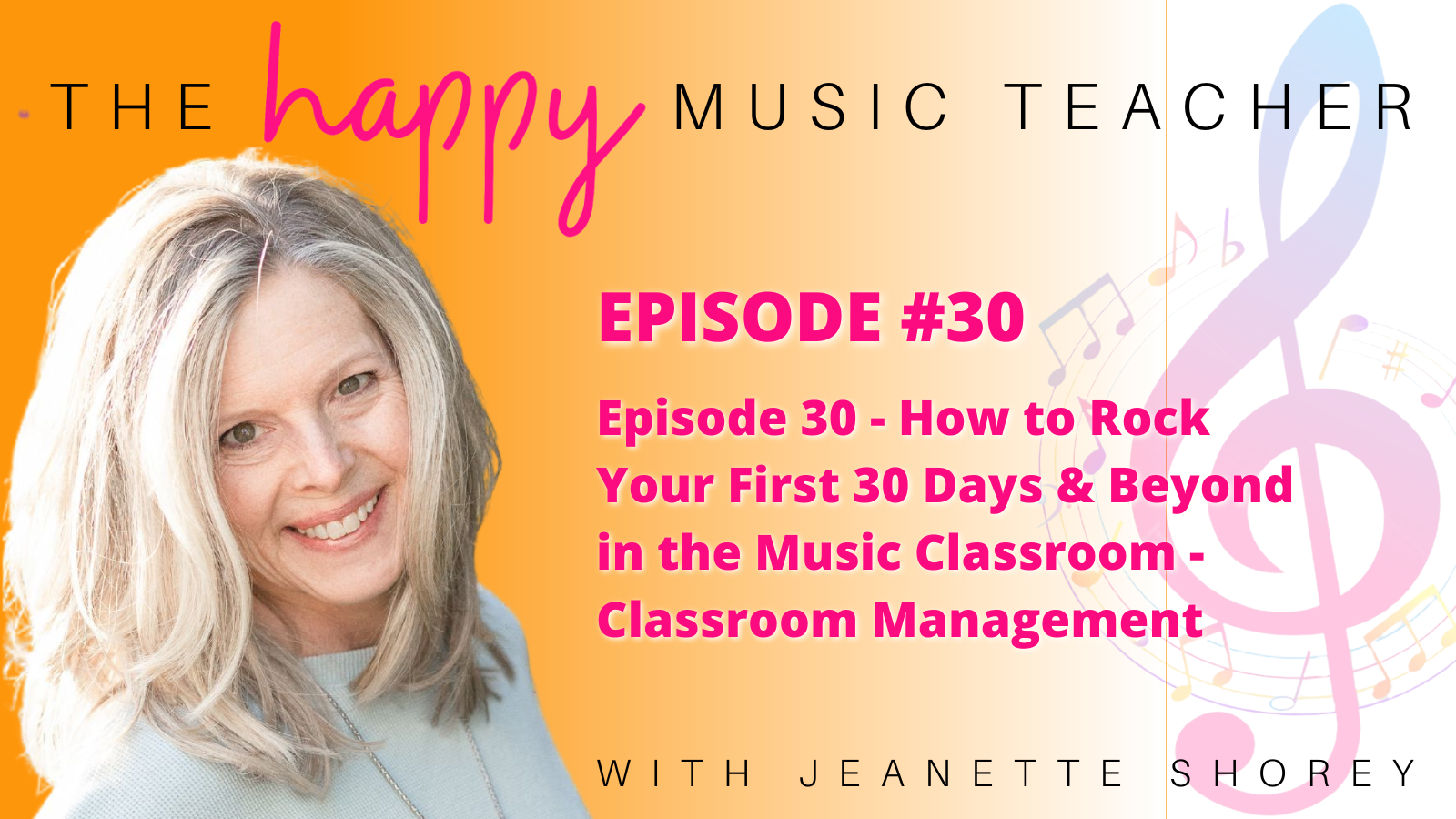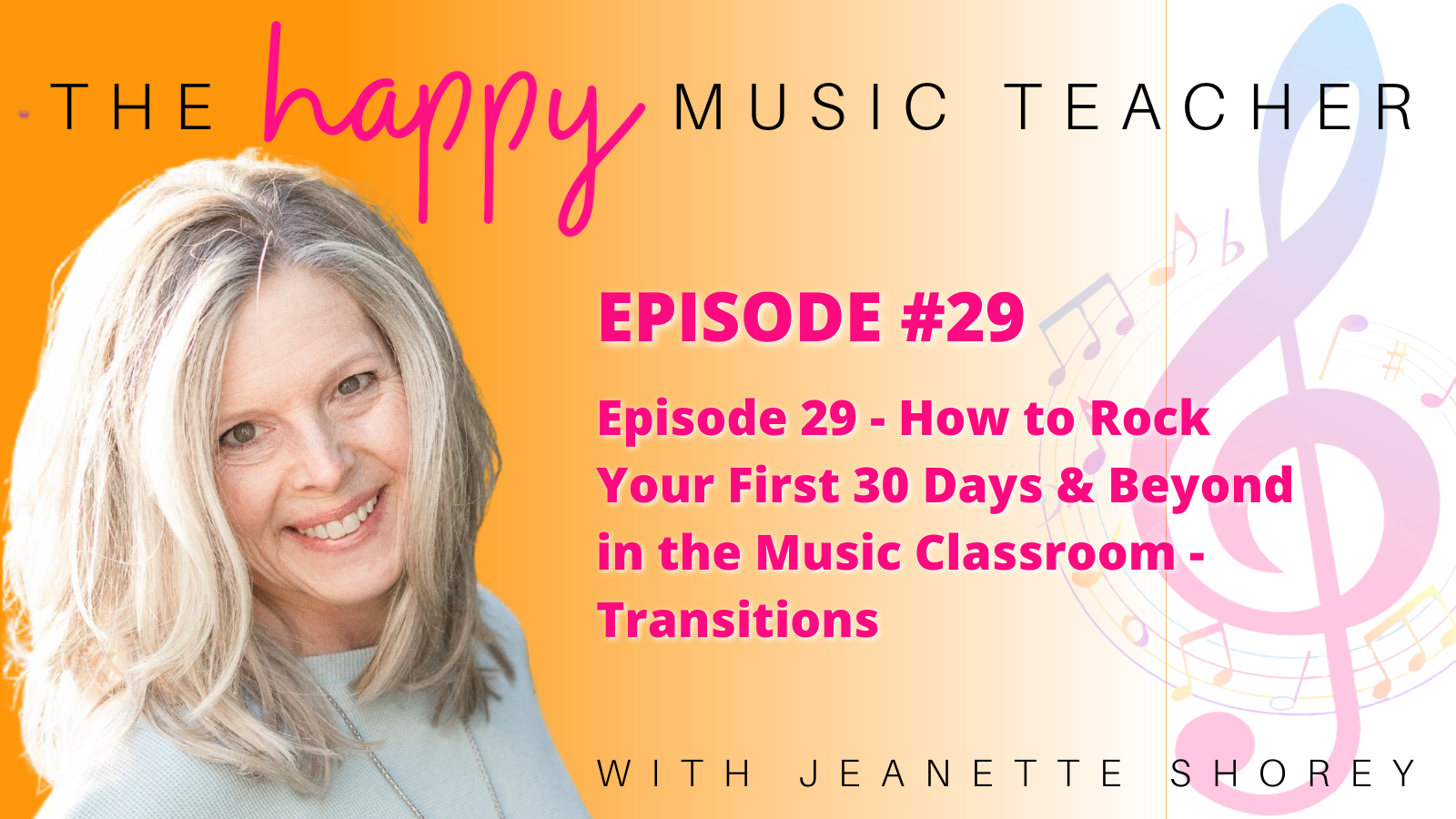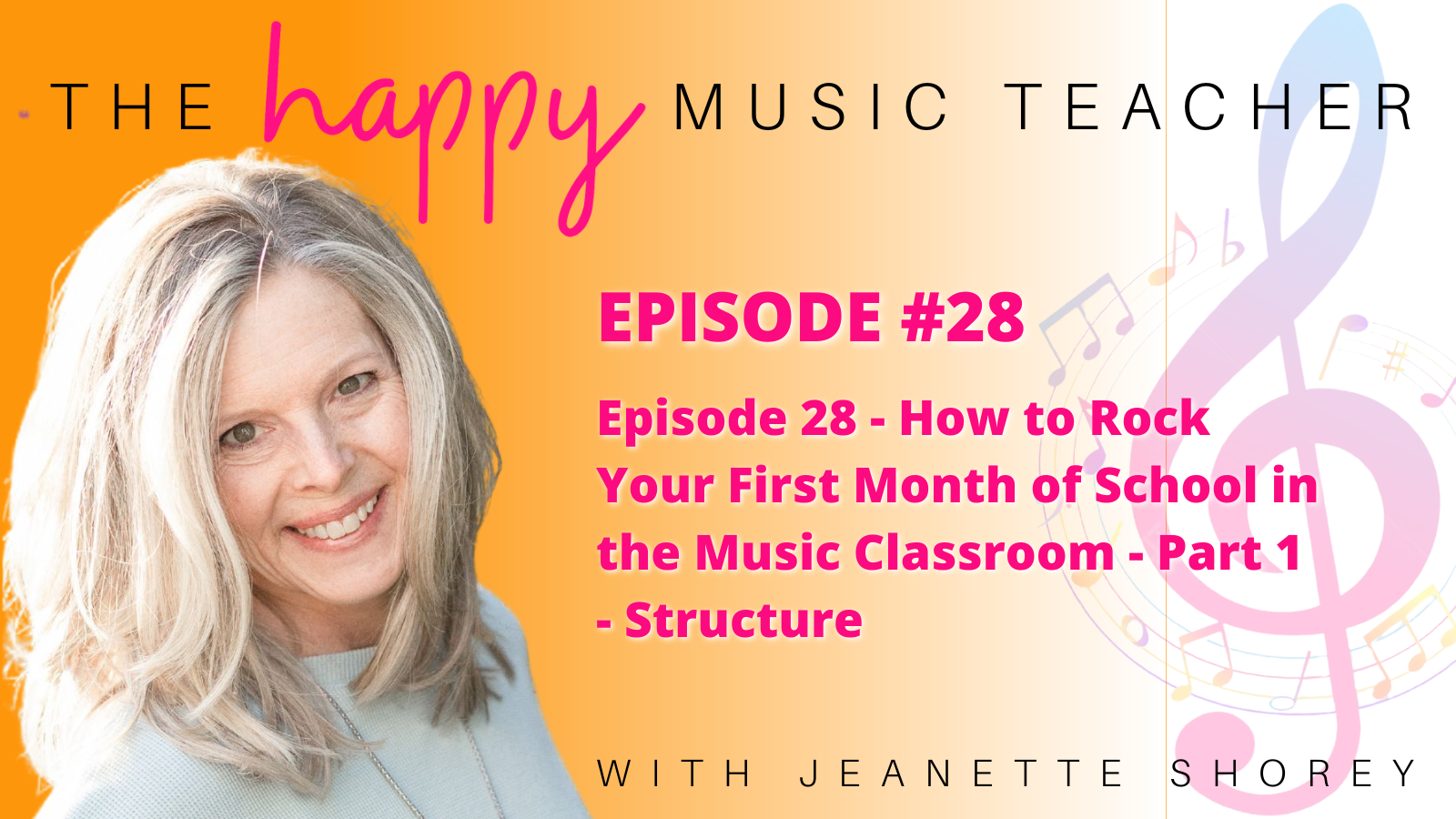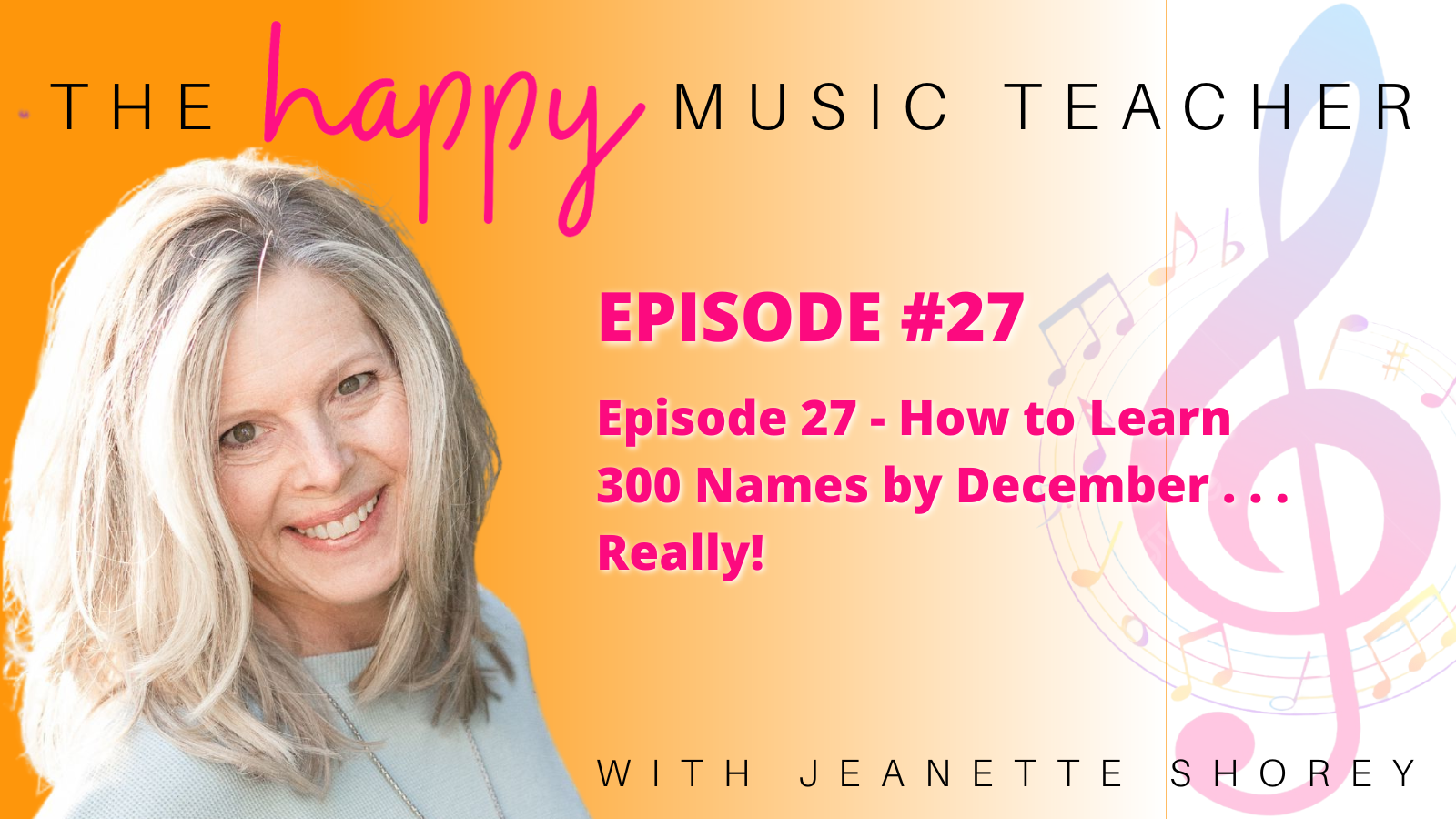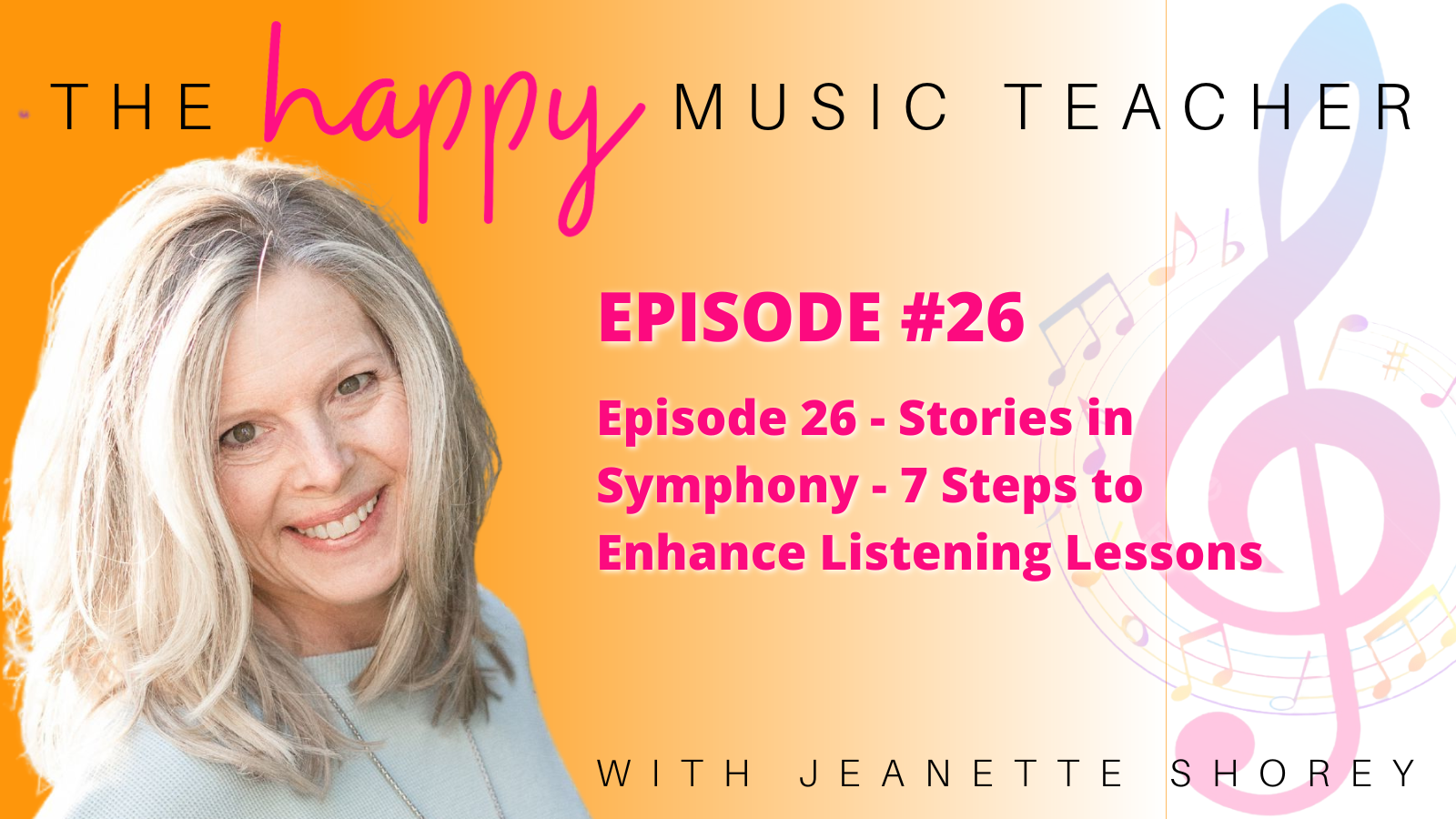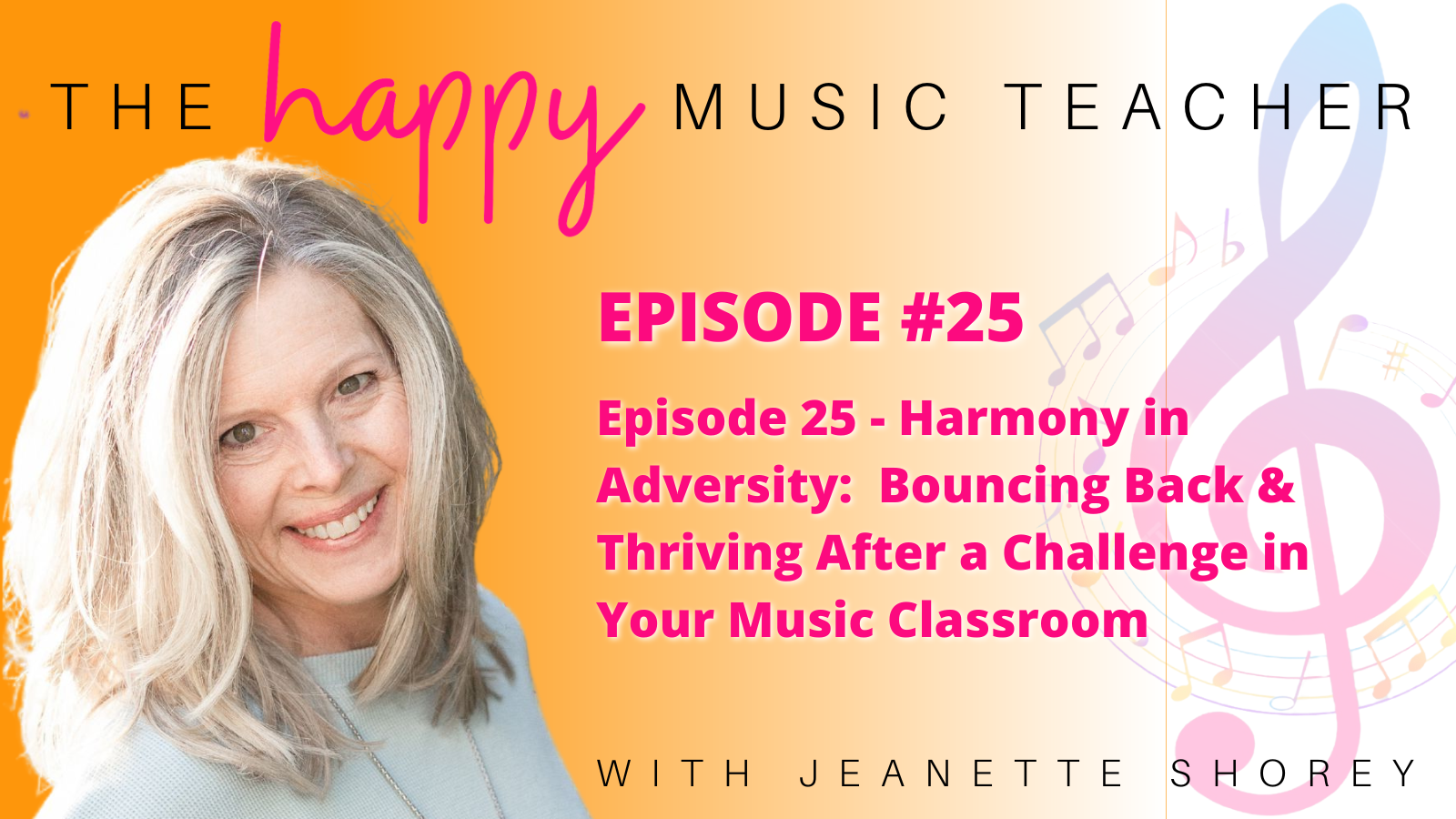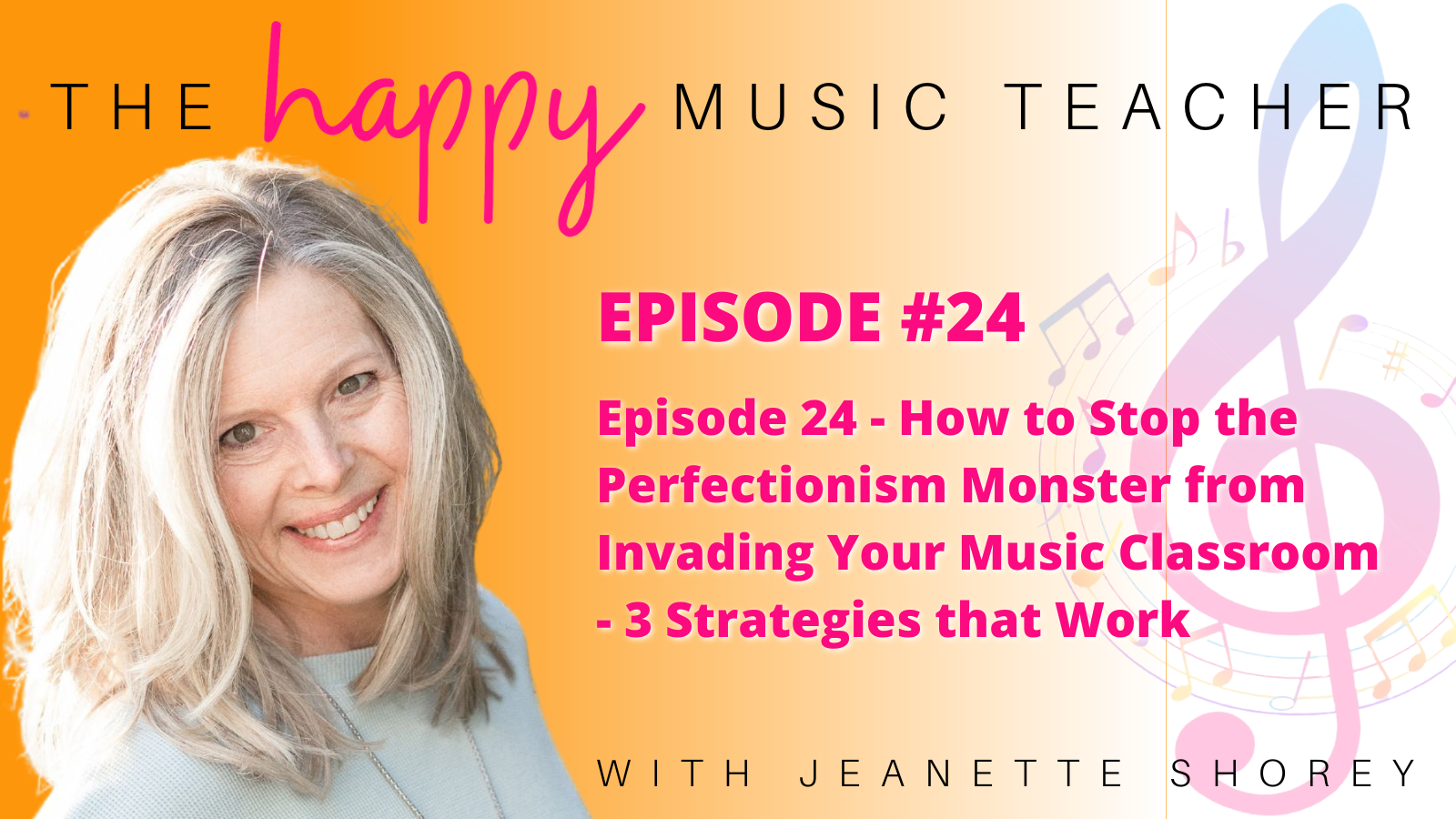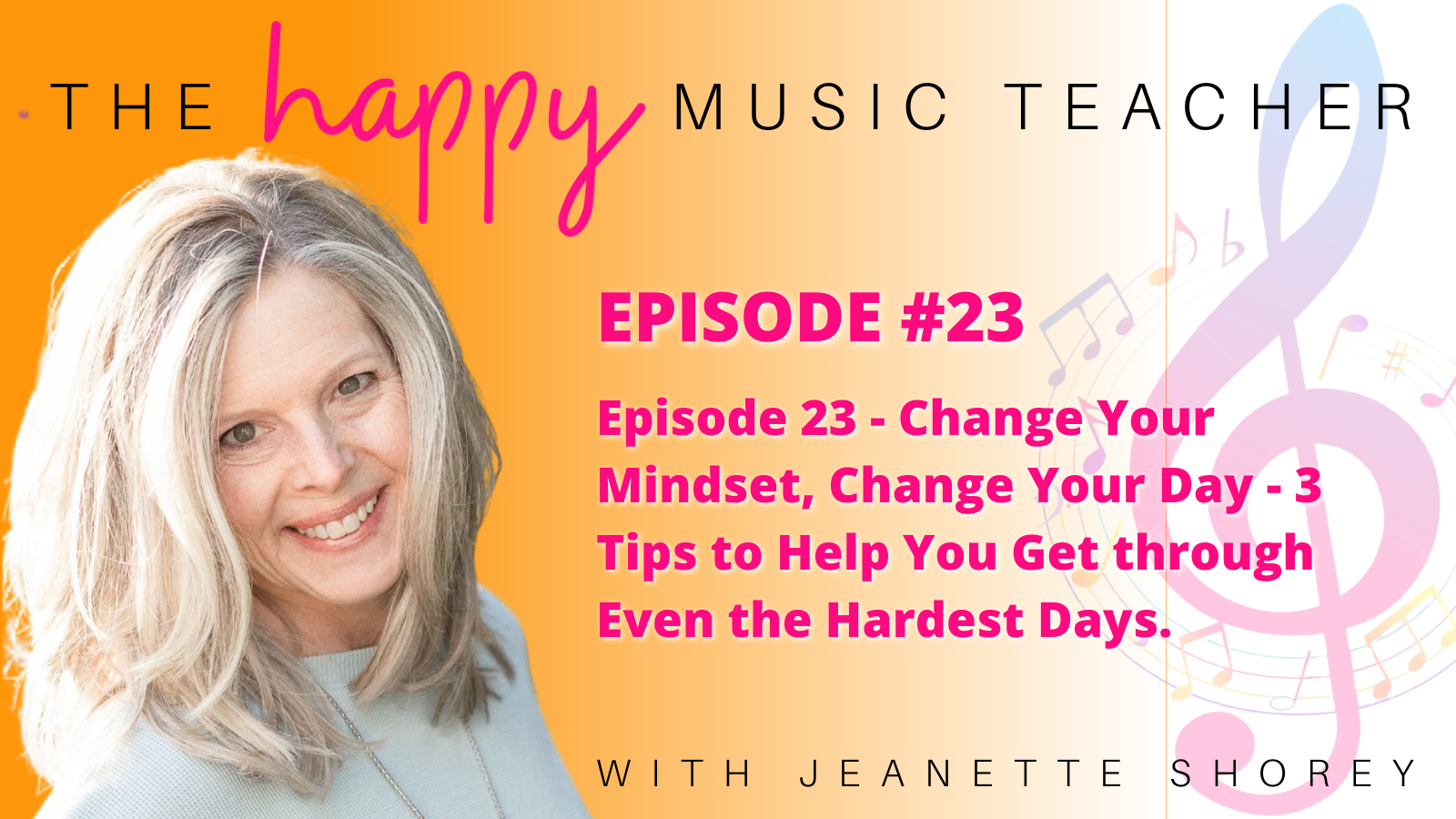Today we dive into the essential topic of setting the stage for a successful first month of school with a focus on effective classroom structure. Join me as we explore 5 invaluable tips that will empower you to create an engaging and organized learning environment for your students.
The cornerstone of a well-managed music classroom begins with structuring the physical space. Discover how to optimize your classroom layout to promote student interaction, comfort, and efficient flow. We’ll also discuss strategies to organize teaching materials and instruments, ensuring that everything is within easy reach to facilitate seamless transitions and activities.
Time management is a critical aspect of any successful educational experience. Learn how to structure your daily schedule, including pre and post-class periods, to maximize productivity. By implementing a clear routine, you’ll not only enhance your teaching efficiency but also provide a consistent rhythm that students can rely on.
Engagement lies at the heart of effective music instruction. Uncover techniques for structuring various activities, from movement-based exercises to instrument play. Whether it’s integrating finger games, steady beat activities, or listening exercises, these well-planned segments will keep students captivated and actively participating.
Drawing from personal experiences, we’ll delve into the importance of having a solid lesson plan in place. Through relatable anecdotes, we’ll emphasize the pitfalls of not having a plan and highlight the benefits of being prepared for every class. This step is pivotal in maintaining a seamless flow and conveying professionalism to your students.
Keeping the momentum alive is key to a dynamic classroom atmosphere. We’ll provide insights into maintaining an energetic pace throughout your lessons, ensuring that students remain engaged and eager to learn. Our tips will help you navigate transitions smoothly, minimizing downtime and maximizing instructional time.
For educators working with younger students, we’ll outline the effectiveness of a consistent format. From the familiar “Hello” song to movement activities, finger games, and a concluding “Goodbye” song, a structured routine offers security and predictability for little learners. Likewise, for older students, we’ll explore ways to kick off classes with meaningful beginning-of-class activities and wrap up with engaging line-up activities.
Tune in to learn how these invaluable strategies can revolutionize your teaching approach and make your first month of school a feel smooth and trouble-free. Whether you’re a seasoned educator or just starting your journey, these tips will empower you to create a well-structured and vibrant music classroom.
Thank you for listening to this episode of the Happy Music Teacher Podcast. Be sure to stay tuned for Part 2 of “How to Rock Your First Month of School,” where we’ll talk all about transitions . . . what to do and how to use them.
—————————————
What we talked about:
Grateful Journals – Here’s a great blog post with some suggestions: https://notesbythalia.com/best-gratitude-journals/
The Happy Music Teacher Academy is now open for new members! Learn more and join here: https://storiesthatsing.net/jointhehappymusicteacheracademy
Send me an email: [email protected]
Visit my website: https://storiesthatsing.net/
Sign up for my newsletter and receive THREE FREE Lesson Plans: https://mailchi.mp/5f337a46b85f/storiesthatsing
Join my Facebook group: https://www.facebook.com/groups/themusicteachergroup
Follow me on IG: @thehappymusicteacher
Follow me on TikTok: @thehappymusicteacher

